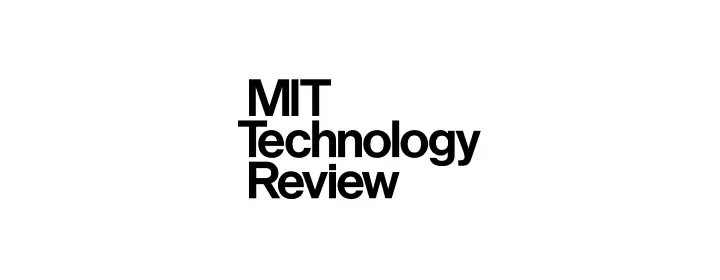The COVID-19 pandemic has brought about a significant shift in the healthcare industry, with artificial intelligence (AI) taking center stage in assisting overworked healthcare professionals, particularly radiologists. The adoption of AI-based tools has seen a remarkable surge during this challenging period, proving to be a valuable asset in streamlining radiology workflows and improving patient care.

Back
Rizwan Malik, the lead radiologist at the Royal Bolton Hospital, recognized the immense potential of AI in radiology and took proactive steps to incorporate these cutting-edge tools into his department's operations. Malik's vision was to harness the power of AI to reduce patients' wait times and enhance the efficiency of radiology services. To achieve this goal, he initiated a trial to evaluate the effectiveness of qXR, an AI-powered solution developed by Qure.ai, a Mumbai-based firm specializing in healthcare technology.
The qXR tool, designed to provide second opinions on chest X-rays, showed promising results in its initial implementation. However, as the COVID-19 pandemic swept across the United Kingdom, the trial took on a new level of urgency. Malik and his team quickly adapted qXR to detect COVID-induced pneumonia, a critical development that allowed radiologists to triage patients more effectively amidst the shortage of PCR tests. This swift adaptation of AI technology demonstrated the flexibility and responsiveness of these tools in the face of unprecedented challenges.
The success of qXR in the Royal Bolton Hospital is just one example of how AI is transforming healthcare practices worldwide. As healthcare facilities grapple with the overwhelming demands of the pandemic, AI-based solutions have emerged as a lifeline, enabling healthcare professionals to make more informed decisions, streamline workflows, and provide timely care to patients in need.
However, the rapid adoption of AI in healthcare during the pandemic has also raised concerns among experts. The urgency to deploy AI tools quickly has led to the risk of using unvetted or insufficiently tested solutions, which could potentially compromise patient safety. It is crucial for healthcare organizations to exercise caution and due diligence when implementing AI technologies, ensuring that they have undergone rigorous validation and meet the highest standards of accuracy and reliability.
Despite these challenges, the COVID-19 pandemic has undeniably served as a catalyst for the widespread adoption of AI in healthcare. The crisis has highlighted the immense potential of AI in augmenting human expertise, optimizing resource allocation, and improving patient outcomes. For AI firms operating in the healthcare sector, this accelerated adoption has opened up unprecedented opportunities for growth and innovation.
As the world continues to navigate the complexities of the pandemic, the role of AI in healthcare is expected to expand further. The lessons learned from the rapid deployment of AI tools during this crisis will shape the future of healthcare delivery, paving the way for more sophisticated and integrated AI solutions. Healthcare organizations and AI firms must work together to ensure that the adoption of AI is guided by principles of safety, transparency, and ethical considerations.
The COVID-19 pandemic has served as a turning point for AI adoption in healthcare, particularly in the field of radiology. The success stories, like that of the Royal Bolton Hospital and Qure.ai's qXR tool, demonstrate the transformative potential of AI in enhancing patient care and supporting healthcare professionals during challenging times. As we move forward, it is essential to strike a balance between the rapid adoption of AI and the need for thorough validation and oversight, ensuring that the benefits of these technologies are realized while prioritizing patient safety and well-being.